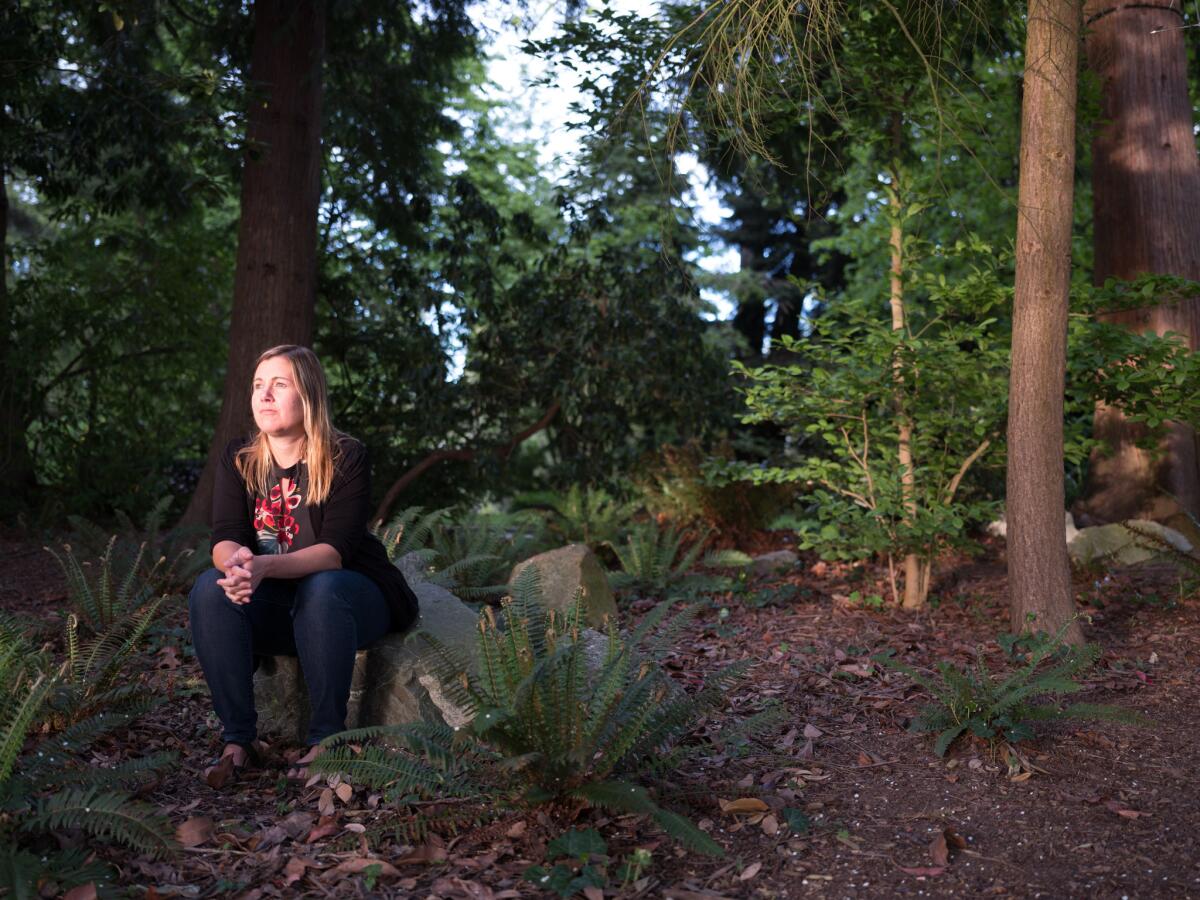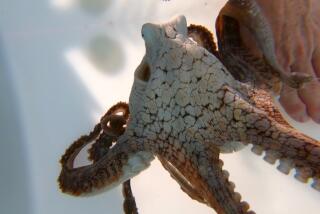Compost your departed loved one and save the planet, L.A. lawmaker says

- Share via
SACRAMENTO — A Los Angeles lawmaker wants California to allow for human composting, an eco-friendly alternative to traditional burial or cremation in which the dead are turned into soil.
The state of Washington became the first state to allow human composting when Democratic Gov. Jay Inslee signed a law last year permitting the practice.
“I would love to be a tree one day,” said Assemblywoman Cristina Garcia (D-Bell Gardens), who introduced Assembly Bill 2592 to allow for human composting, or “natural organic reduction” as the upstart industry calls the process. “I think this is about giving people another option.”
Washington’s law goes into effect on May 1, with a Seattle business called Recompose preparing to open a funeral home that offers the service in early 2021. Recompose’s process involves placing a body into a vessel with wood chips, alfalfa and straw, allowing it to be decomposed by microbes and reduced to a nutrient-dense soil in about a month.
The end result is about a cubic yard of soil per person, which is then returned to families or donated to conservation land for use.
Supporters of the practice say it’s an end-of-life option that will have a positive impact on the environment. Alternatively, cremation is an energy-intense process that produces carbon dioxide emissions, while traditional burial uses chemicals to embalm bodies and a non-biodegradable coffin to store them.
The Catholic Church came out in opposition to the Washington law, saying that human composting doesn’t show proper respect for the dead. The newly introduced California bill has not yet been scheduled for a hearing in the state Capitol.
In recent years, companies have been proposing new ways to reduce the environmental footprint of death, such as burial without embalming or a casket. Other companies have focused on ways to give back to nature after death, such as by creating marine reefs out of cremated remains to support sea life.
Human composting, its supporters say, accomplishes both. The process recreates what happens to animals on the forest floor without chemicals or emissions while allowing the soil produced to be used to plant trees that help the environment. Recompose plans to charge $5,500, which is less than the average burial with a casket but more than the average cremation.
“When I started this several years ago I was shocked at how many people find this not only palatable but comforting and meaningful,” said Katrina Spade, the chief executive of Recompose. “People who recognize that soil is the basis for all life on Earth and also are aware of the climate implications of sequestering carbon through the creation of soil find this attractive.”
People in California have expressed an interest in the process and have been contacting the company.
“I knew the moment I heard about this, it was what I wanted to do,” said Nikolaus Kraemer of Los Angeles. “I’m 55 and healthy, but I would put this in my will or advanced directive that when I’m dead I don’t want to be pushed into a crematory or buried six feet under. I think this is a peaceful way to go back to where we came from.”
More to Read
Sign up for Essential California
The most important California stories and recommendations in your inbox every morning.
You may occasionally receive promotional content from the Los Angeles Times.











